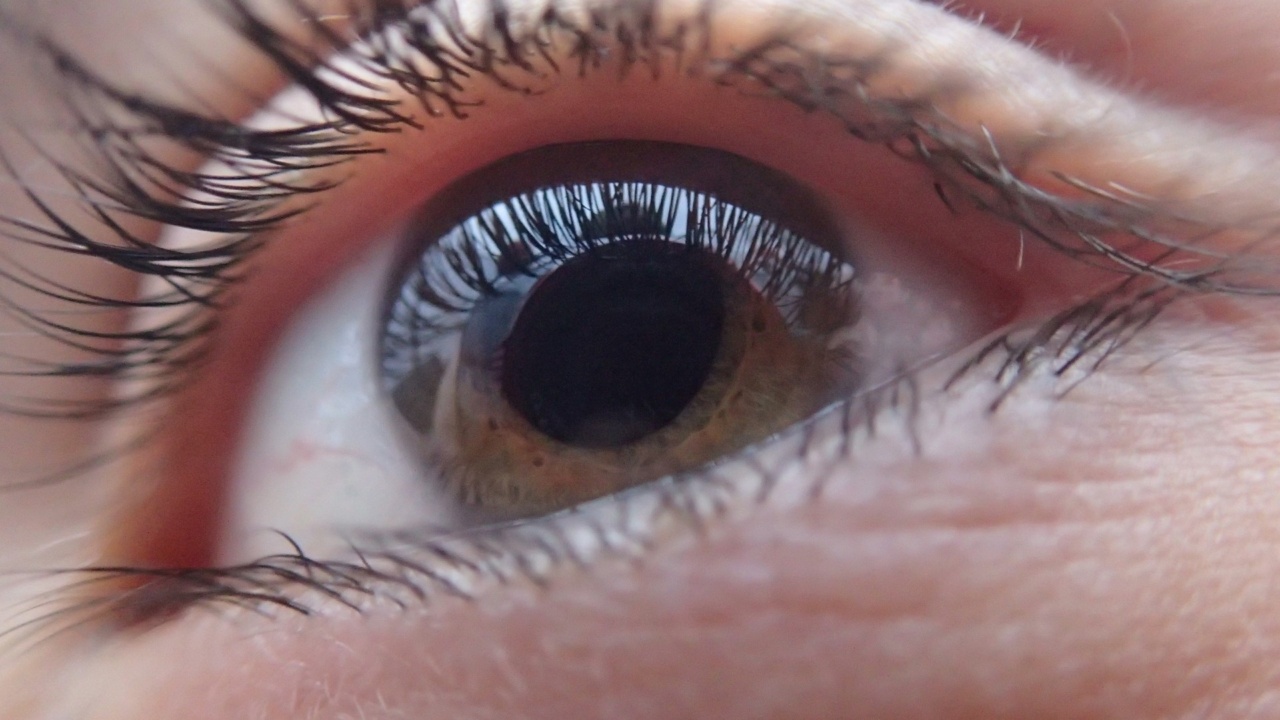Skin cancer is the most common cancer in the world, and the incidence is increasing. The most effective way to prevent skin cancer is to protect your skin from the sun and avoid tanning beds.
If you notice any changes in your skin, such as a new mole, a growth, or a sore that does not heal, you should see a dermatologist. Early detection is key to successful treatment of skin cancer.
Basal Cell Carcinoma
Basal cell carcinoma (BCC) is the most common type of skin cancer, accounting for 80 percent of all cases. It usually occurs on sun-exposed areas of the skin, such as the face, neck, and hands.
BCC is a slow-growing cancer that rarely spreads to other parts of the body. It looks like a raised, smooth, pearly bump or a red, scaly patch. Over time, it may ulcerate and bleed.
Squamous Cell Carcinoma
Squamous cell carcinoma (SCC) is the second most common type of skin cancer. It usually occurs on sun-exposed areas of the skin, such as the face, neck, and hands. SCC can spread to other parts of the body, especially if it is not treated early.
It looks like a red, scaly patch or a wart-like growth with a crusty surface. It may bleed or ulcerate.
Melanoma
Melanoma is the deadliest form of skin cancer, although it is not the most common. It occurs when the pigment-producing cells in the skin become malignant. Melanoma can develop anywhere on the body, including areas that are not exposed to the sun.
It can spread to other parts of the body quickly if it is not detected early. Melanoma may look like a mole that is asymmetrical, has an irregular border, is multi-colored, is larger than a pencil eraser, or has changed in appearance.
Merkel Cell Carcinoma
Merkel cell carcinoma (MCC) is a rare and aggressive type of skin cancer that occurs on sun-exposed areas of the skin, such as the head, neck, and arms. MCC can spread to other parts of the body quickly and is often fatal.
It looks like a painless, shiny nodule that is red or skin-colored. It may bleed or ulcerate.
Conclusion
Skin cancer can affect anyone, regardless of skin type or age. The most effective way to prevent skin cancer is to protect your skin from the sun and avoid tanning beds.
If you notice any changes in your skin, such as a new mole, a growth, or a sore that does not heal, you should see a dermatologist. Early detection is key to successful treatment of skin cancer.






























